‘Fuel to inflation fire’: NSW businesses scrambling after FWC announces wage hike
Economists, politicians and businesses slam the FWC after it announces a wage hike, potentially worsening an already dire cost of living crisis. Find out how it impacts you.
NSW
Don't miss out on the headlines from NSW. Followed categories will be added to My News.
NSW businesses say they will have to put up prices even further to cover an extra $2.5 billion a year in salary costs after the approval of big increases in minimum and award wages.
When added to soaring bills for power, transport, rent, borrowing and raw materials, the new pay imposts may prove too great for some operators, particularly smaller ones, employer groups warned.
But Prime Minister Anthony Albanese said low-paid workers “deserved” the 5.2 per cent wage increase, despite the added burden it would put on businesses.
Meanwhile economists said the Fair Work Commission’s decision to lift minimum earnings by the largest amount in at least 16 years – as well as hike other award salaries by 4.6 per cent – gave the Reserve Bank of Australia another reason to raise interest rates sooner rather than later.
Business NSW said the FWC’s moves would take the wind out of firms’ sails.
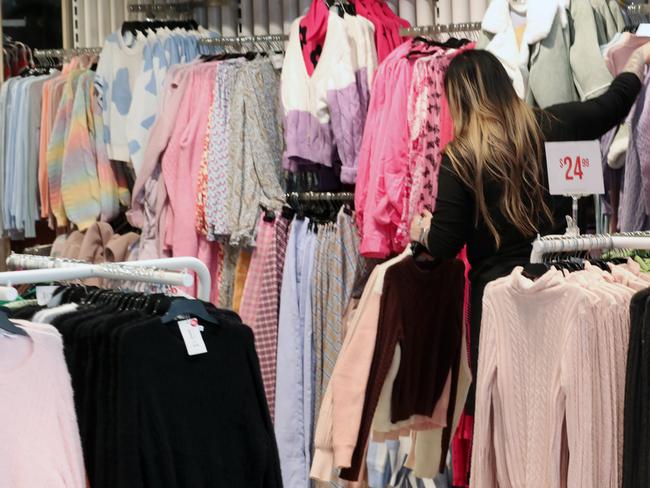
A recent survey by the policy and advocacy group found that two-fifths of firms were already enduring raw materials and transport cost increases of at least 10 per cent. A quarter had seen their insurance bills rise by that amount as well.
And that was before the RBA began tightening monetary policy.
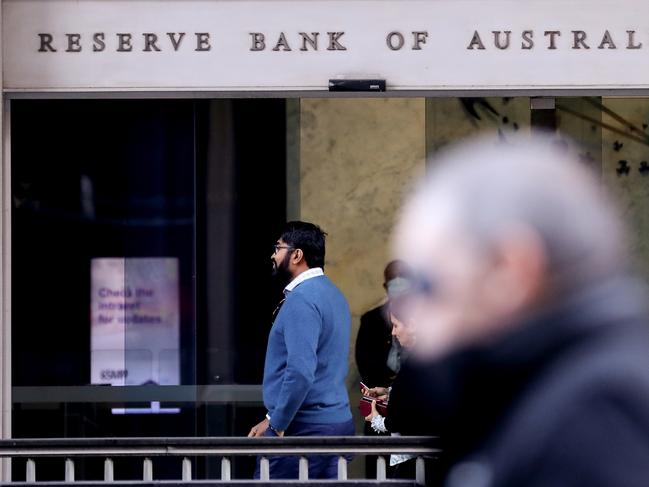
“Prices will continue to rise as businesses need ways to cover this dramatic rise in staff costs,” Business NSW CEO Daniel Hunter said.
Like Business NSW, the Australian Retailers Association had favoured a wage increase of 3 per cent, or a little more.
ARA CEO and former David Jones boss Paul Zahra said “the scale of this wage increase could be the straw that breaks the camel’s back for some small businesses.”
Innes Willox, who heads the Ai Group – which speaks for 60,000 employers with more than one million workers – said the FWC had added “fuel to the inflation fire.”
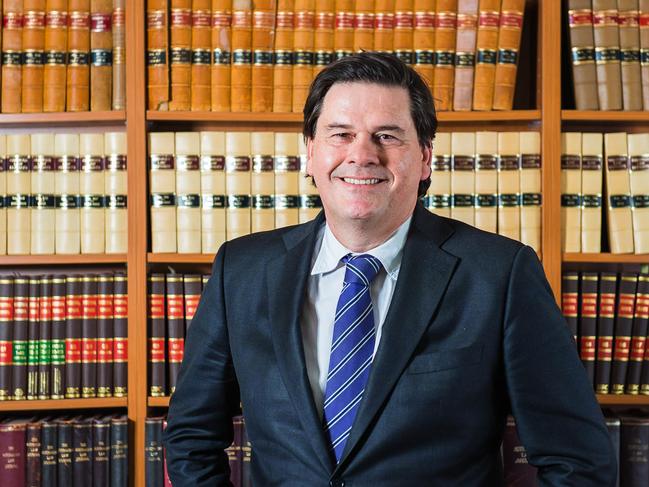
Business Council CEO Jennifer Westacott said “we need a pathway to sustained wages growth fuelled by productivity.
“This decision will put pressure on many businesses so it must be matched with genuine reform and action to ease chronic labour shortages across the economy,” Ms Westacott said.
“Wage inflation is not the same as long-term wages growth. Wage inflation without productivity would hold back the economy and put Australia’s record low unemployment rate at risk.’’
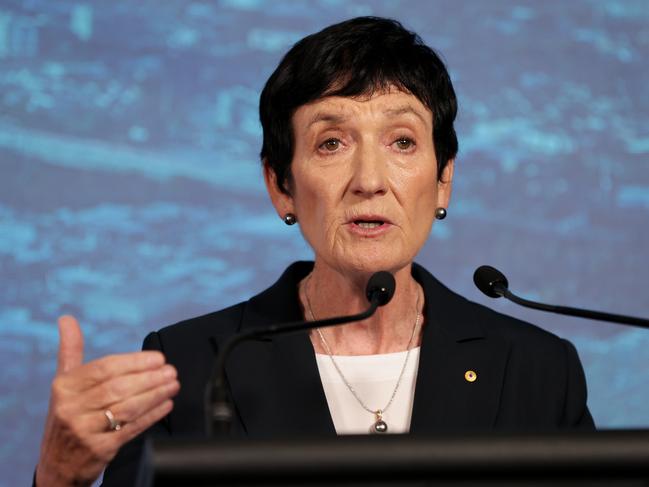
ACOSS, which represents the community services sector, said the increase wouldn’t trigger a wage-price spiral or higher unemployment.
Its acting CEO Edwina MacDonald said at the federal government’s upcoming jobs summit, ACOSS would “work together with unions and business to find ways to lift real wages in an orderly way while restoring full employment.”
Australian Council of Trade Unions secretary Sally McManus said she was “really happy” with the FWC decisions.
Ms McManus described them as “reasonable” and “fair”.
Mr Albanese said the minimum wage increase would “make a difference” for low-paid Australians struggling with the cost of living.
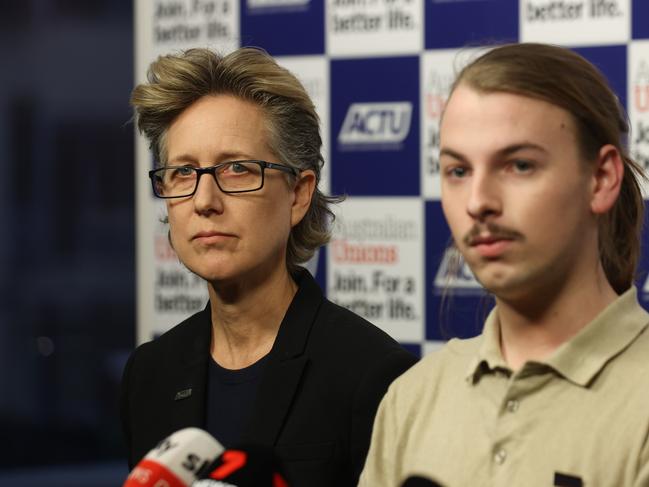
The Prime Minister said people on the lowest incomes deserved the additional support, despite the cost burden on businesses.
“What I’d say is that those small businesses will rely upon their workers that are really struggling with the cost of living,” he said.
“This is $1 an hour.” Mr Albanese said workers deserved not to go backwards, and argued every extra dollar those on the lowest wages earned would go “back into the economy into circulation.”
“It won’t go into savings, not an overseas holiday, it will go into food, on the table, for the kids of people and minimum wages. That is what this is about.”
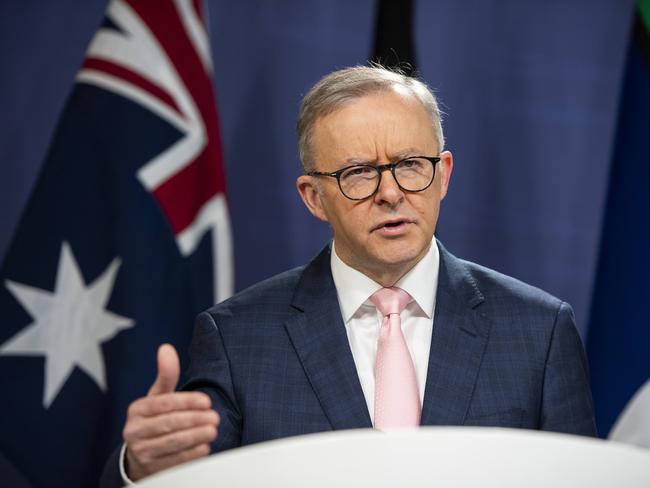
Mr Albanese said the Fair Work Commission had assessed the impact on the economy and chose 5.2 per cent, which he “welcomed”.
“The truth is that many of those people who are on the minimum wage are the heroes who saw us through the pandemic,” he said.
“These workers deserve more than our thanks. They deserve a pay rise. And … they’ve got it.”
Opposition leader Peter Dutton also welcomed the decision but added that he was worried about job security as businesses faced higher costs.
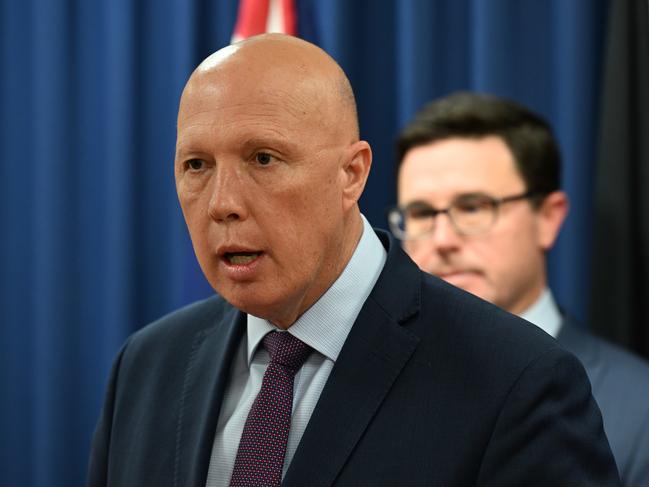
Westpac senior economist Justin Smirk said the RBA would now be “much more confident” that overall wage growth would reach 4 per cent by the end of the year, up from 2.4 per cent now.
CBA senior economist Belinda Allen said the risks were that the decisions would lead “other workers to ask and negotiate higher wages, especially in the context of a tight labour market.”
With wage growth on the march, Westpac’s Mr Smirk said the RBA will “want to normalise rates as soon as they can.”
“But they are not quite sure what normal is,” he added.
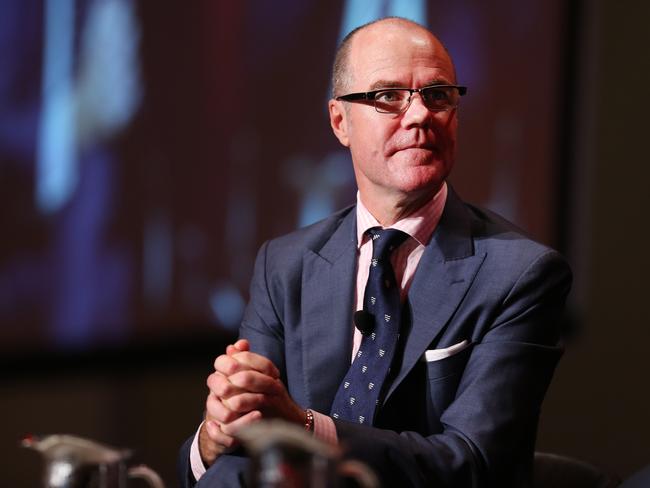
Both Westpac and CBA are tipping a cash rate of 2.1 per cent by Christmas.
It is currently 0.85 per cent.
Shenkin Newtown Espresso Bar area manager Ricardo Steyer said “everything is costing more.”
“As a customer, you’re seeing an increase in prices and wages have to increase accordingly as well,” Mr Steyer said.
Shenkin barista Vivian Yap said she thought minimum wage rise would be helpful.
“It encourages people to take entry level jobs, I feel like a lot of people are already discouraged to apply for any of those (jobs) because they’re not being paid enough,” she said.




